As specialist legal industry recruiters, we often hear from lawyers who are dissatisfied with their most recent salary reviews. Whether you're in-house or in private practice, it's important to understand your value in the Queensland legal market beyond what salary surveys might suggest.
The Reality of Salary Reviews
Many lawyers are left feeling undervalued after a salary review. In a perfect world, firms would provide clear economic justifications and recognise individual performance, but the reality of how these conversations go often falls short. We often hear tales of lawyers receiving a generic letter with no opportunity at all for discussion. This can leave you questioning your value and the rewards for your efforts. We’ve also heard tales of lawyers who have not had a salary review for up to 8 years!
Preparing for the Follow Up
If you’re unhappy with your review, it’s important to be prepared for a follow-up discussion. Research your market value, document your achievements, and be ready to articulate how you have contributed to the firm. Reflect on your performance, identify areas for improvement, and be clear about your expectations.
Effective salary negotiation requires thorough preparation. Highlight metrics like business development achievements, successful client outcomes, and contributions to the firm’s profile. Use this evidence to present a compelling case during salary discussions.
We have created a tool that you can use to prepare for this conversation and you can download it here.
Understanding Employer Constraints
Any salary conversations need to be two-way and you will also need to be aware of the economic factors and constraints that your employer is currently facing. These limitations may impact their ability to offer you a higher salary. Being thoroughly researched and commercially minded can help you manage both your expectations and strategy.
The Many Limitations of Salary Surveys
Many lawyers base their preparation for a salary review or even a job offer on an industry salary survey without considering the limitations. Salary surveys often rely on averages and medians, which can be very misleading. The legal profession is diverse, with variations in practice areas, firm sizes, and geographical locations. A lawyer with three years of post-admission experience (PAE) in construction law might have vastly different compensation expectations compared to one with similar PAE in commercial law. Surveys can't capture these individual circumstances, and this may lead to either an undervaluation or overestimation of your worth.
Regional Differences and Practice Area Impact
Salary expectations can vary significantly based on region, firm size, and area of specialisation. For instance, a firm in a region with a high demand for construction lawyers, like Queensland, might offer higher salaries compared to other states. Also, firms that emphasise work-life balance may offer lower salaries but provide additional non-monetary benefits.
Market Demand and Industry Trends
Current legal industry trends also influence salary levels. For example, the construction and infrastructure boom in Queensland has driven up salaries for construction lawyers, whereas the cost-sensitive insurance industry tends to offer more conservative compensation packages.
Experience and Performance
Firms often categorise early-career lawyers into bands based on years of experience. However, those who excel in client development, practice management, and other areas can break away from these bands and achieve higher compensation at a faster than usual pace. Highlighting your unique contributions and successes is essential when discussing and negotiating your salary.
Alternative Compensation and Benefits
We encourage you to consider the full spectrum of your compensation beyond base salary. Benefits such as paid parental leave, career development programs, and flexible work arrangements can significantly enhance your overall package and wellbeing! These non-monetary benefits often hold substantial value and can impact your long-term career satisfaction.
Benchmarking Without Salary Surveys
While salary surveys provide a starting point, they shouldn't be your sole reference for a salary conversation and could actually be setting you up for disappointment. Building a relationship with a reputable legal recruiter will help you gain insights into the current market including areas of specialisation in demand, the types of firms that are recruiting and upcoming relevant roles not yet on the market. A trusted recruiter can help you understand industry trends, average salaries for similar roles, and realistic salary expectations based on your unique skills and experience.
Long-Term Career Value
When assessing your career path, consider the long-term value of a role beyond your immediate salary. Professional development, challenging work, and growth opportunities are crucial. A high salary might not be beneficial if the role doesn’t allow you to develop valuable skills and progress your career.
Ongoing Professional Development
Continuous skill enhancement can increase your marketability and earning potential. Realistically, most lawyers develop their skills with on-the-job experience. We have found that further education along the lines of the Governance Institute of Australia GAICD qualification is often more useful than a general MBA, particularly if you are considering moving in-house.
Advice for Disappointed Lawyers
If you’re disappointed with your salary review, reflect honestly on your achievements and performance. Take ownership of your career by proactively seeking feedback and setting goals for improvement. Consult with industry specialists or mentors to get a clearer picture of your market value and plan your next steps strategically.
Understanding your value in the legal market requires looking beyond salary surveys. By focusing on your unique skills, industry trends, and long-term career goals, you can better navigate salary negotiations and work towards achieving a compensation package that truly reflects your value.
If you would like to discuss your career with one of our specialist legal industry recruiters, please get in touch. We are always here to help!
*This article first appeared on the Alex Advocates Newsletter on LinkedIn - Subscribe here
Related Articles











